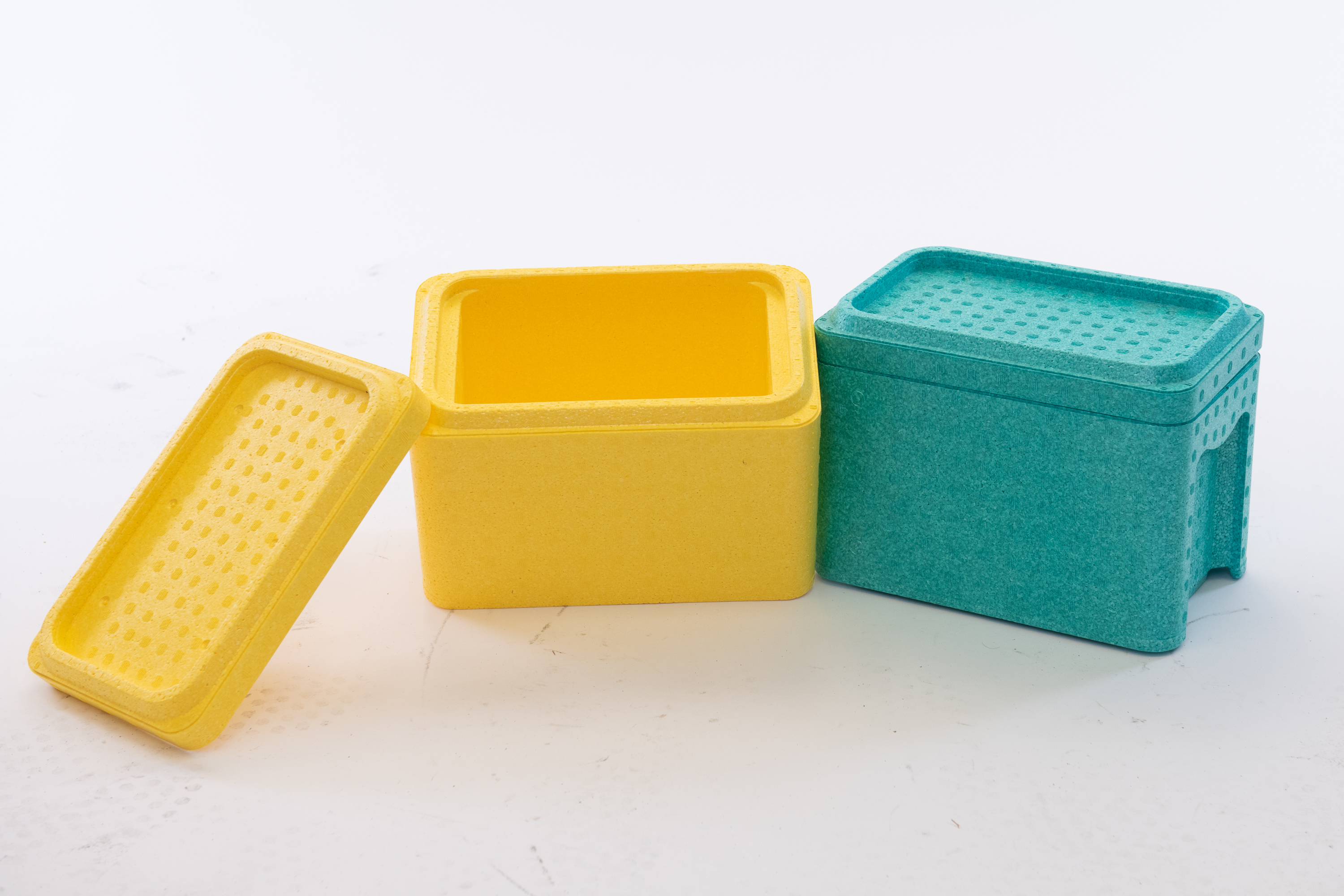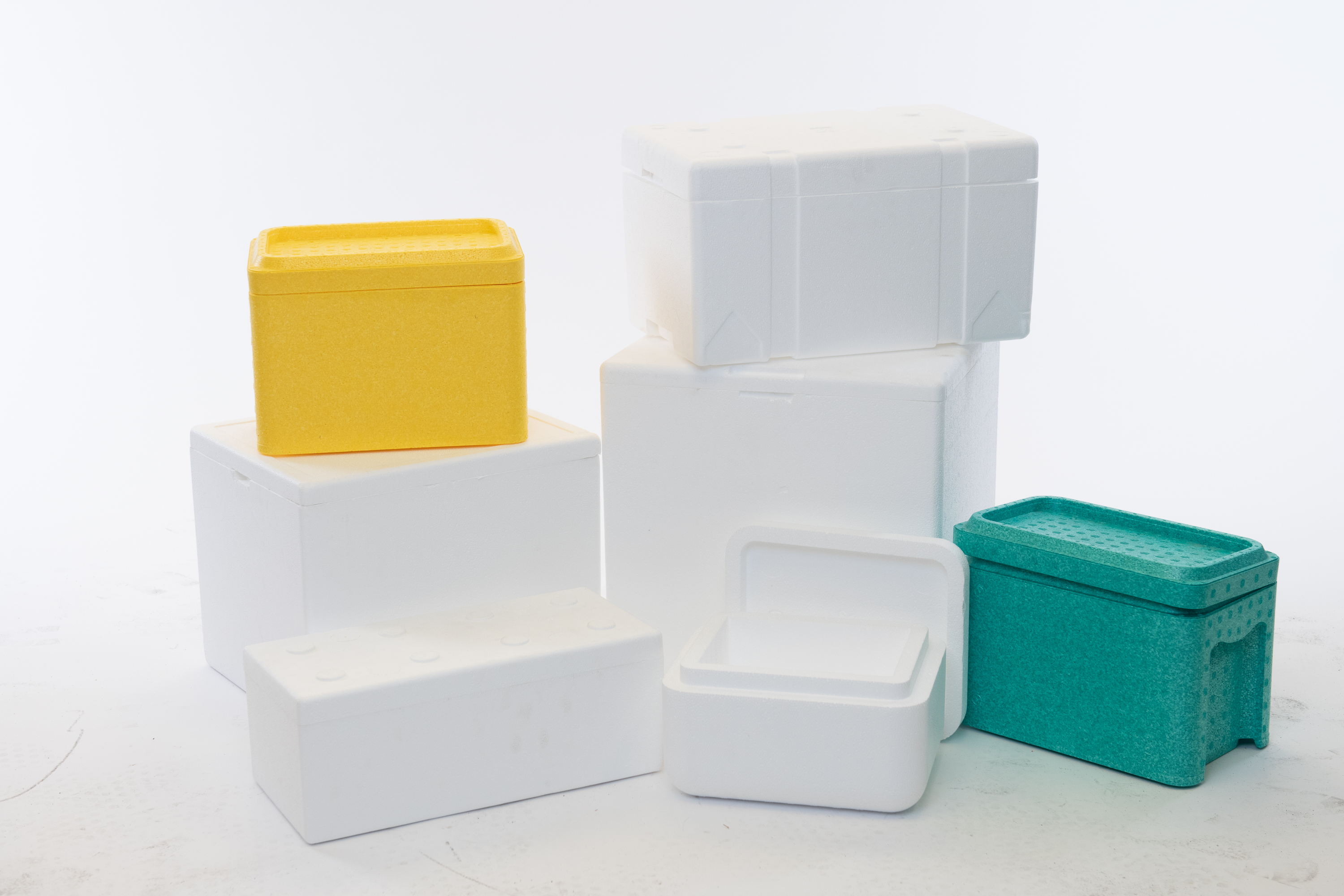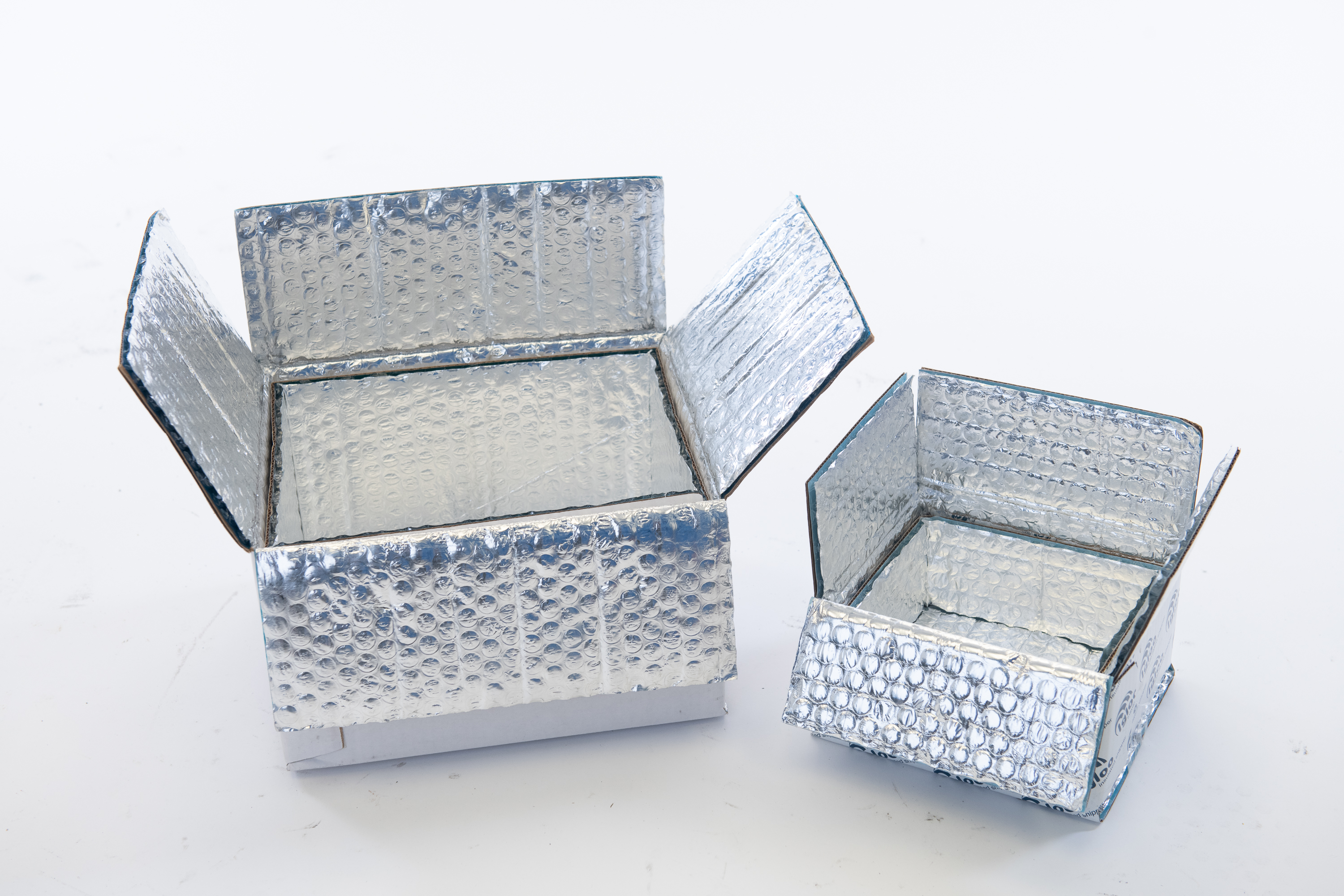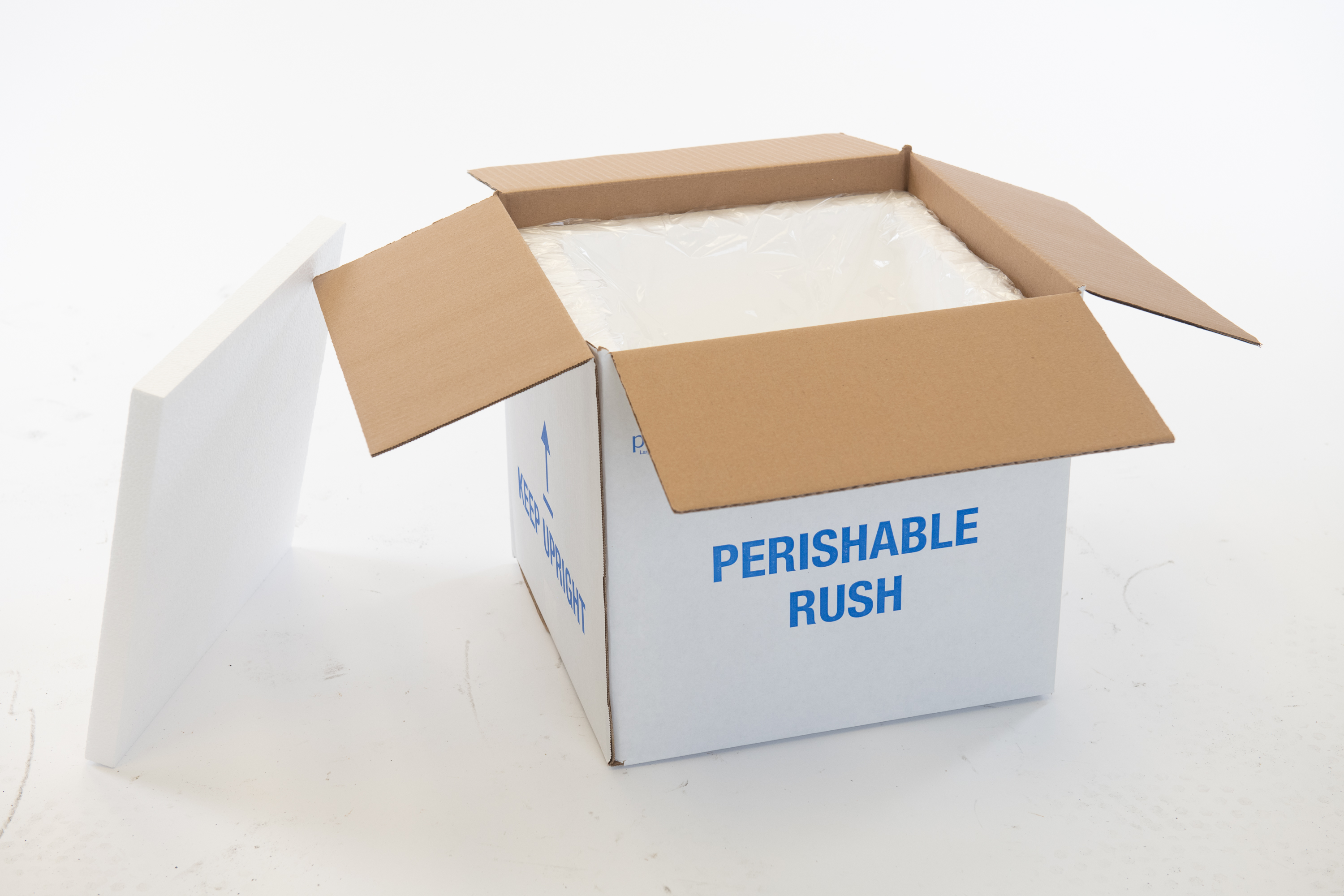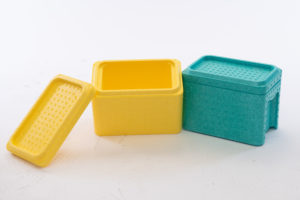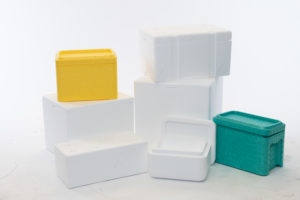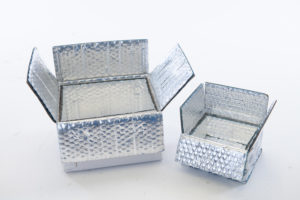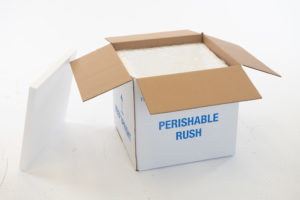Expanded Polystyrene, or EPS, foams are available for a number of applications from protective end caps for fragile equipment, to thermal insulation for medical perishables and foodstuffs, to architectural structure applications. The expanded polystyrene foam is often the most economical choice, and can be shaped and custom formed to fit boxes, crates, or tote bags, as well as made into the shipping container itself, such as a picnic cooler or a medical transport case. The versatility of EPS foam lends itself to many other applications and is an excellent choice for many projects.
Specifications
Polyethylene (EPE)
Polypropylene (EPP)
Polystyrene (EPS)
Electronics
Food Products
Medical Products
Perishables
Rigid coolers
Tote Liners
Gel Packs
RFID tags
Temperature sensors
Fungus and Bacteria Resistant Surface
Good Strength-to-Weight Ratio
High Thermal Resistance
Load absorption properties for heavier shipping contents
Low Thermal Conductivity
Moisture Resistant
Noise Reduction & Acoustic Sound Control
Same Low Toxicity Levels as Cardboard
Shipping Content Protection
Blood Collection Tubes and Sets
Critical Care Products
Diabetes and Allergy Syringes
Microbiology Testing equipment
Petri Dishes, Centrifuges, Filtration Units
Pulmonary and Cardiac Catheter Lab Kits
Sensitive Labware Equipment
Surgical blades, handles, and equipment
Chair Rails
Columns
Crown Molding
Custom Shapes for Architectural Industry
Expanding Impregnated Foam (EIF) Systems
Foam Concrete Pouring
Prefab Foam Construction
Theatrical Stage SettingsPackaging Standards and Compliance
Thermal Resistance, R, per inch (at 40° F)




